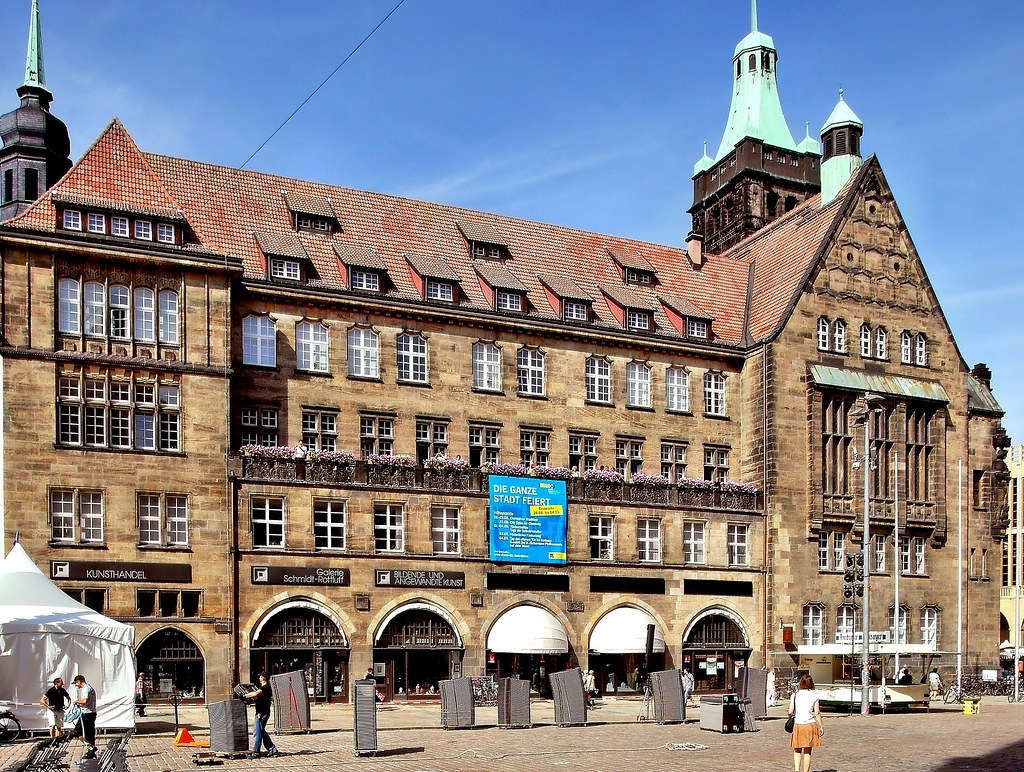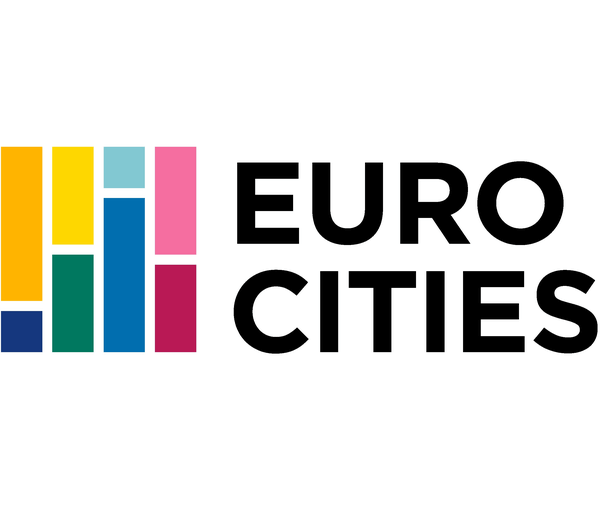The project was named KRACH (Noise), to reflect that where there is noise there is energy, activity and creativity. It offers space free of charge for three years as well as a start-up budget of €2,500 plus free advice on business, law and marketing.
To find people who could fill these spaces with noisy, daring and commercially-viable creative activities, an open call was put out to local, national and international changemakers via Facebook, lobby groups, media and events. Proposals could be for a start-up or for a new business less than four years old. To remove barriers to entry, the application process was made simple. Applicants were asked to send in a project outline, a basic financial plan and a CV - in any form, conventional or creative. They could also say which of the available spaces, featured on the project website, would best suit their idea.
Over 50 applications were received by the closing date in January 2018. They were then judged by an international jury. This included, among others, the head of IncrediBOL! and representatives from CWE, partner departments, EUROCITIES and the local and regional creative industry lobby groups. Their task was to identify the most innovative proposals, evaluating each on the basis of feasibility, skills, professionalism, sustainability, social interest and connection to the city and district. The landlords also had a say in the selection of their future tenants.
As they set out on their creative journey, the competition winners, can ask for help with things like business planning and marketing strategy from successful creative companies, many from the regional creative industry lobby groups. Once a year they are asked to write a report on their progress, so the landlords who donated their space stay engaged with the project and feel invested in the success of their tenants. These reports will also be collected and published as a final project report.

